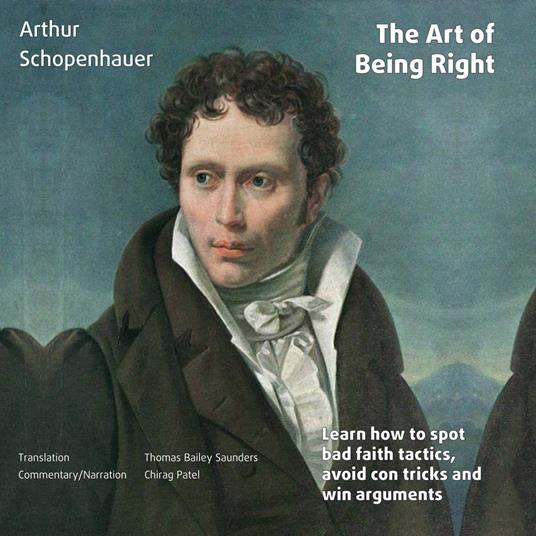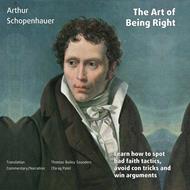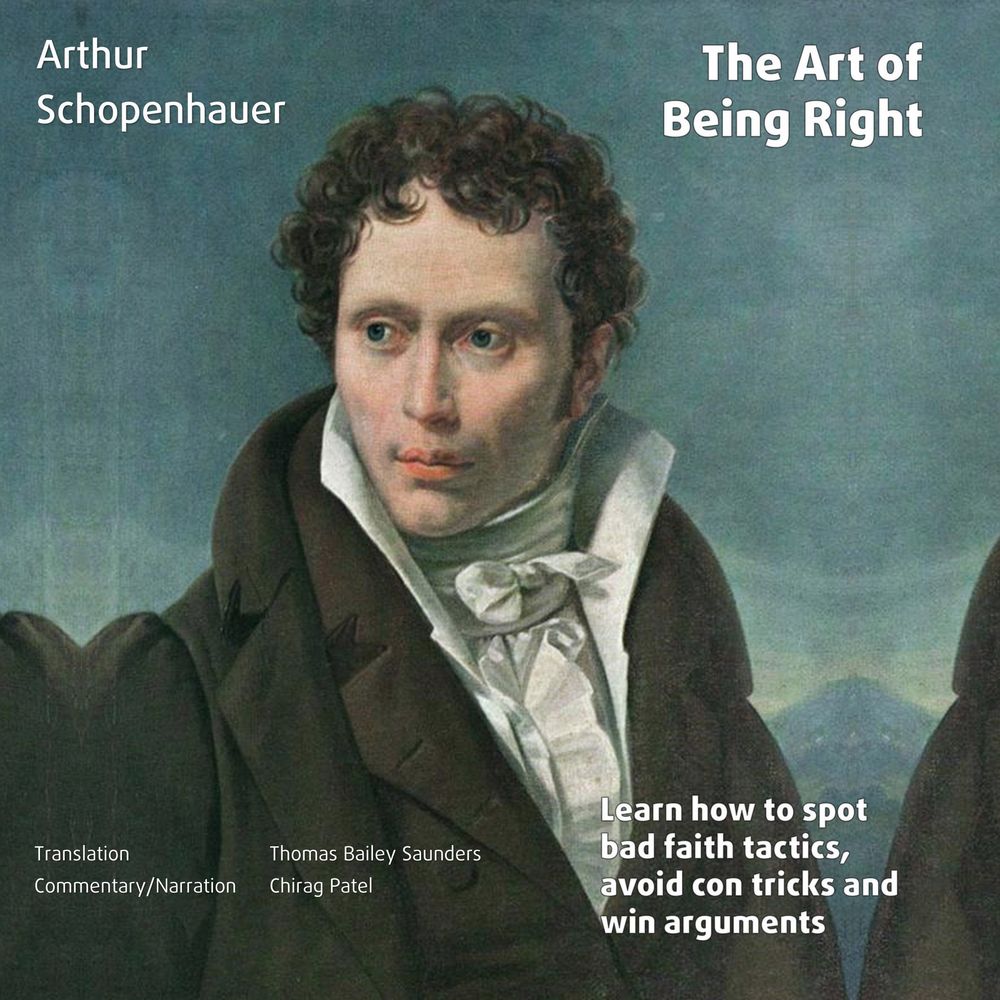The Art of Being Right (annotated): Learn how to spot bad faith tactics, avoid con tricks and win arguments
A classic guide to tricks and tactics for winning arguments, with commentary on the use of and defence against each tactic. The best summary of this book is ‘being right doesn’t mean you’re gonna win, and this is why’. It’s the ultimate guide to spotting the many different kinds of bullshit people pull in order to win over the crowd, rather than argue the point at hand. There’s very few of them that don’t immediately bring examples to mind, and having it laid out clearly like this is the perfect armour to stop people derailing you. In the real world, people don’t win arguments based on what’s correct. They win because they win over the crowd, or change the subject, or bully their rival, or 35 other causes. This guide will walk you through the various strategies that people use, with notes on usage and defence for each point. Arthur didn’t intend this work as a guide for winning fights. Much like Machiavelli’s The Prince, this is a satire – a guide on what to watch out for in others and yourself, not a toolkit. If you can’t win your argument on fair grounds, you need to reconsider your position; but that doesn’t mean you should let people steal the day by underhand means. This book will teach you how to spot and spike them before they get a head of steam.
-
Autore:
-
Narratore:
-
Durata in (hh:mm:ss):02:31:02
-
Anno edizione:2019
Formato:
Gli Audiolibri venduti dal nostro sito sono in formato MP3 e protetti da un DRM proprietario Kobo.
Compatibilità:
Gli Audiolibri venduti dal nostro sito possono essere ascoltati sul tuo smartphone o tablet tramite la APP gratuita Kobo Books scaricabile da iOS o Android. Gli Audiolibri non possono essere scaricati in locale o trasferiti su un client di ascolto diverso da quello fornito tramite Kobo. Non è possibile ascoltare gli audiolibri con la Kobo APP Desktop. Puoi ascoltare gli Audiolibri tramite determinati eReader Kobo, utilizzando cuffie o casse con Bluetooth. Visita la pagina degli eReader per avere maggiori dettagli.
Cloud:
Gli Audiolibri venduti singolarmente dal nostro sito sono immediatamente sincronizzati sul tuo account personale in automatico. Successivamente all'acquisto, sono subito disponibili all'ascolto tramite i client di lettura Kobo compatibili.
Clicca qui servissero ulteriori informazioni




